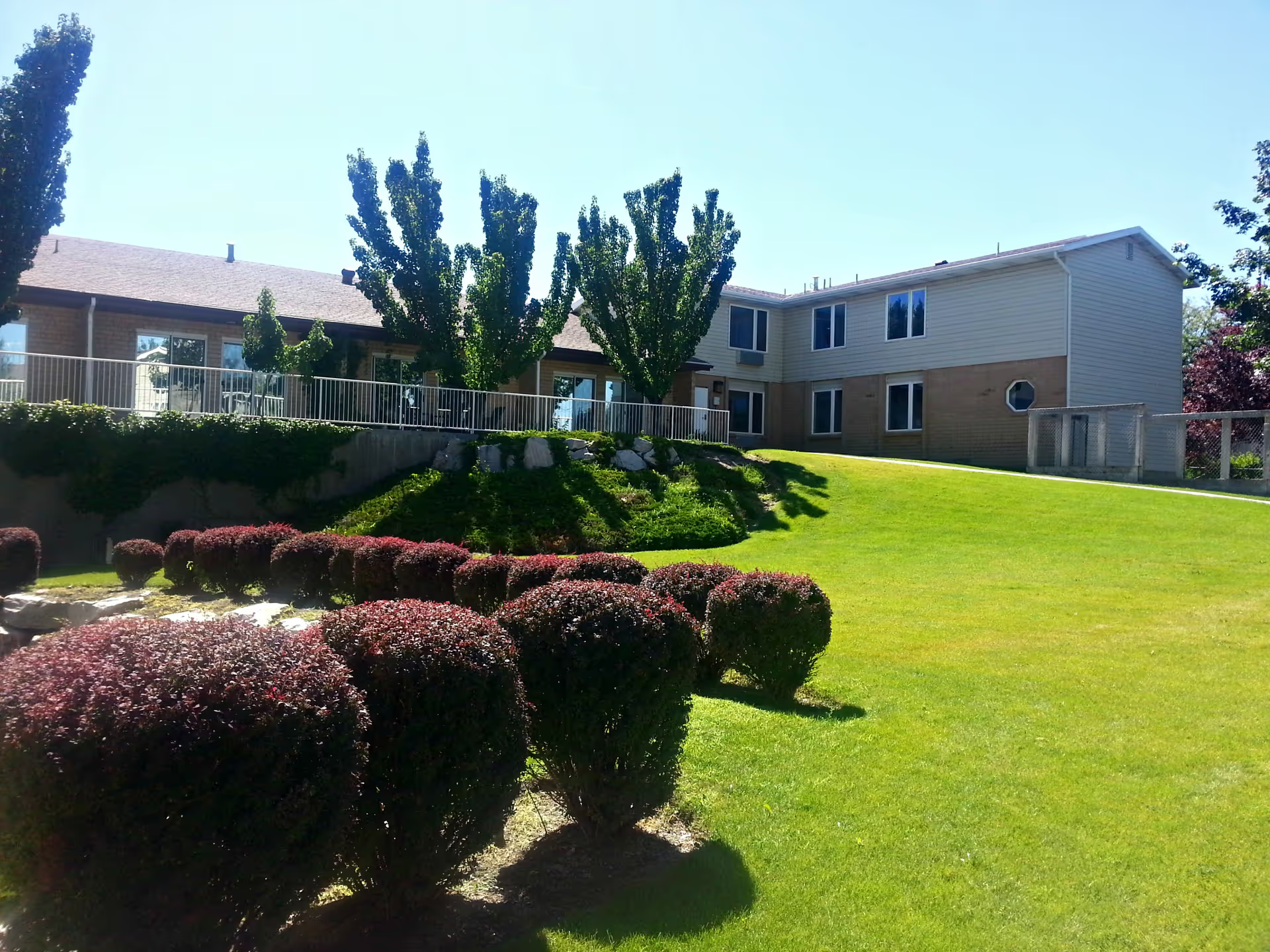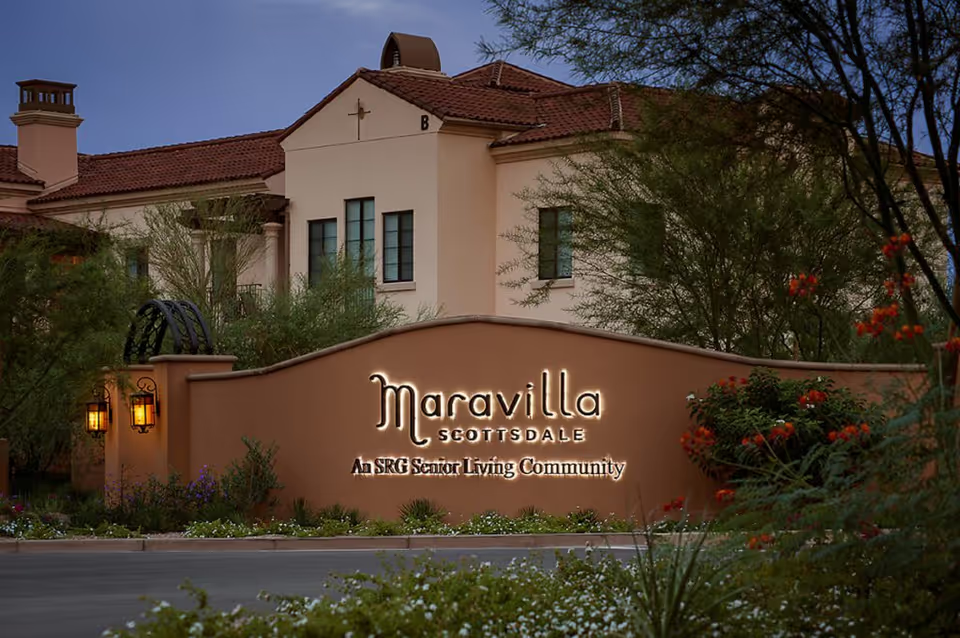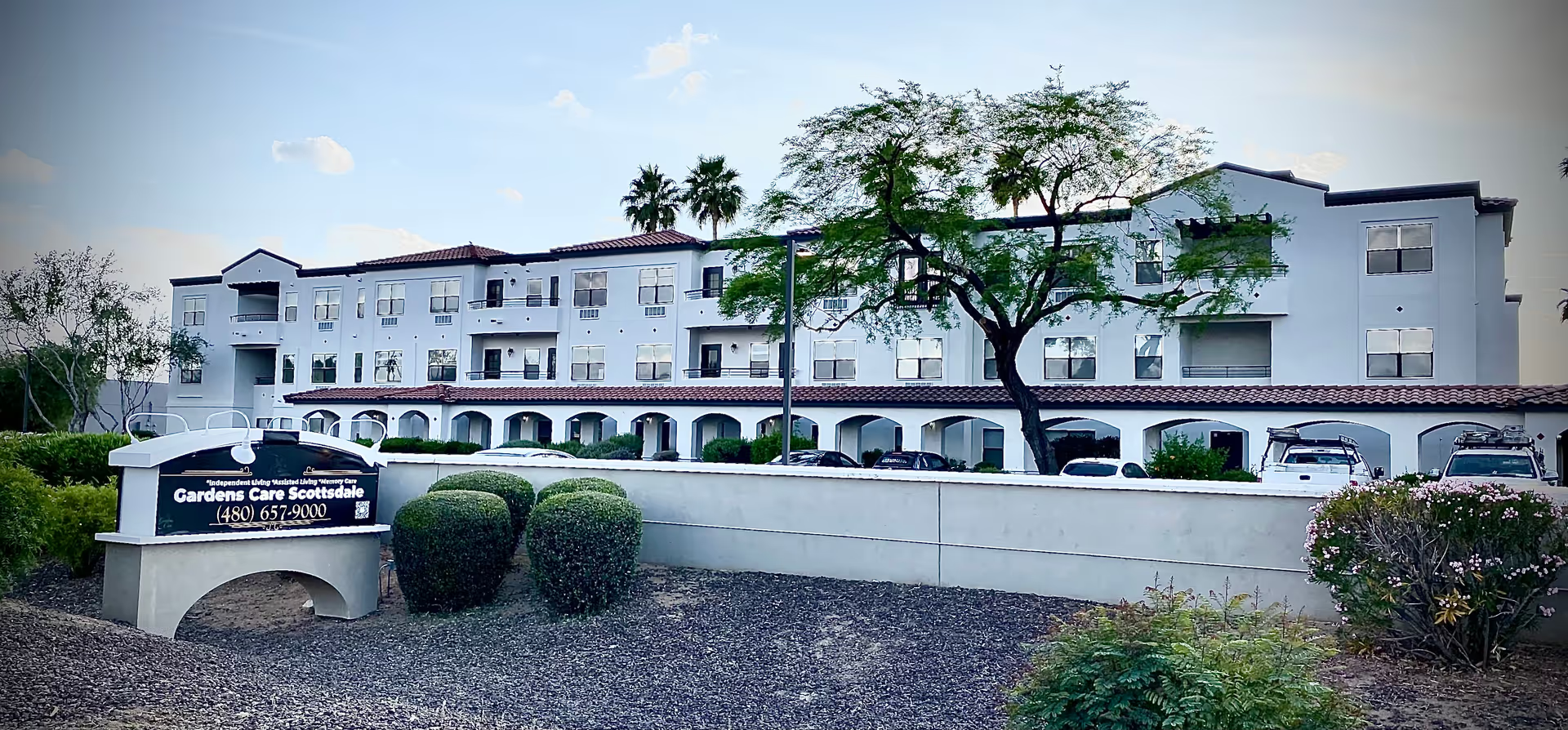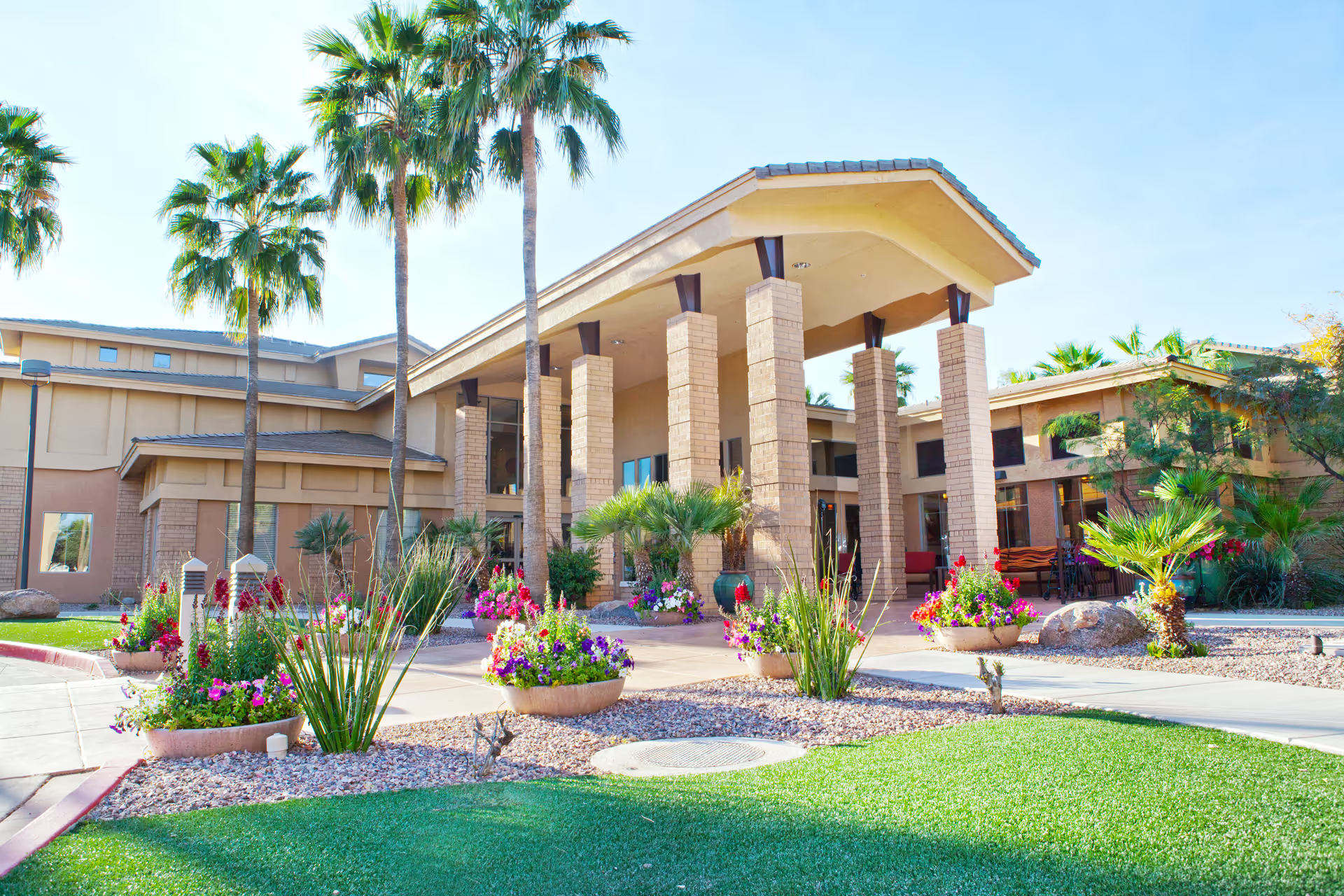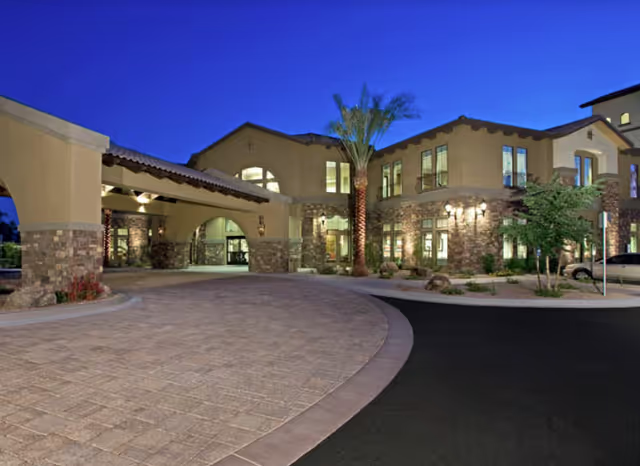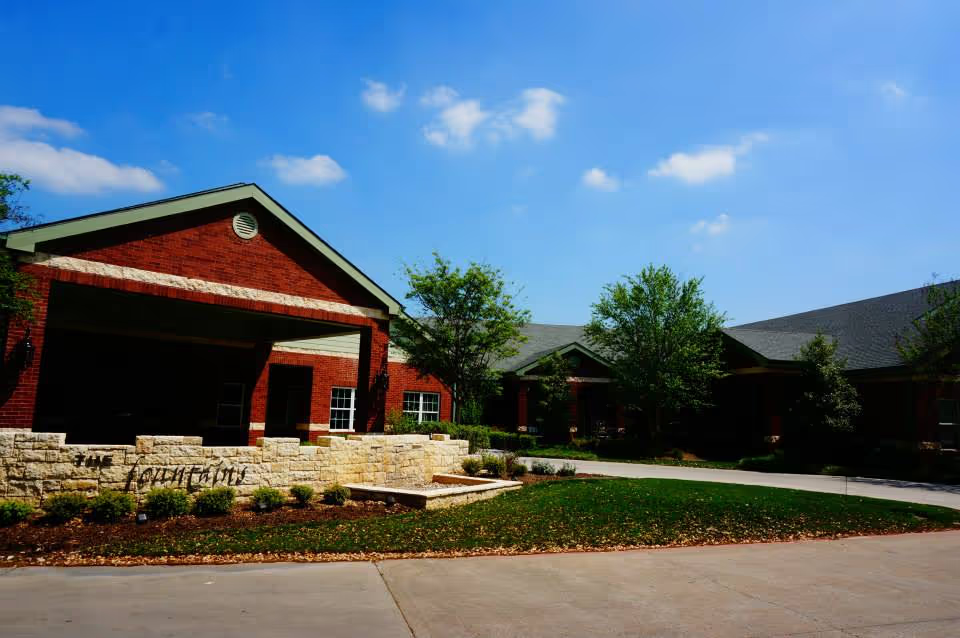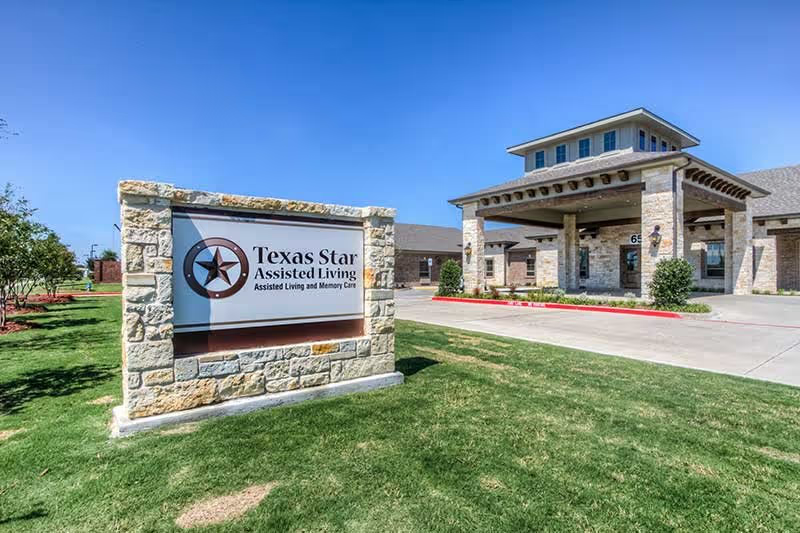Overall sentiment: The reviews for Atria Longmont show a strongly positive overall impression in a majority of comments, with repeated praise for the staff, social programs, campus amenities, and living accommodations. Many reviewers emphasize an engaged, compassionate workforce, strong dining experiences (notably when the named chef is present), and an active lifestyle program that improves residents’ social interaction and quality of life. At the same time, there is a notable minority of reviews describing serious concerns—particularly around Memory Care, isolated incidents of neglect or poor medical response, and frustrations with cost and certain management decisions. The pattern suggests generally high satisfaction but meaningful variability between units, shifts, or time periods.
Care quality and staff: The dominant theme is that caregivers and front-line staff are warm, attentive, and often personally known to residents by name. Multiple reviews single out specific employees and roles (Executive Director, Engage Life director, dining and wait staff, and individual aides) for going above and beyond, easing transitions, and creating a family-like atmosphere. Many families report seamless IL-to-AL transitions and responsive care from nurses and therapy staff in the assisted living level. Conversely, several reviews describe troubling episodes of neglect, delayed medical attention, refusal of assistance on some shifts (especially nights), and poor pain control for particular residents. These negative reports are relatively fewer but severe, implying inconsistent staffing levels, training, or oversight at times. Staff turnover and corporate culture concerns are mentioned in some reviews as potential drivers of variability.
Facilities, layout and amenities: Atria Longmont is repeatedly described as attractive, clean, and hotel-like with extensive amenities: salons, ice cream parlor, theaters, exercise rooms, multiple social rooms, chapel, library, and pleasant outdoor courtyards and trails. Independent Living units frequently include full kitchens, in-unit laundry, balconies, and spacious floorplans. Several reviewers praise quick maintenance and well-kept grounds. However, a subset of reviews calls out dated spaces (worn carpeting, older building sections), confusing or cumbersome layouts, and mixed condition in the Memory Care unit (drab décor, small shared living spaces, less appealing outdoor areas). Waitlists are common due to popularity, and Medicaid is not accepted—important practical constraints for some families.
Dining and food service: Dining is a clear strength in many accounts: restaurant-style service, cloth napkins, multiple daily entrées, an all-day casual menu, and special praise for the chef and certain menu items. There are also notes about an ice cream parlor and multiple meal delivery/eating options (in-room, dine-in, self-serve). At the same time, quality is reported as inconsistent—meals can be excellent when certain cooks or the chef are on duty but bland or poorly prepared at other times (examples include over-fried items, risky pieces in textured foods, or soups with large spice pieces). Some residents complain about limited meal coverage for Independent Living (breakfast-only in some plans) and preference for more flexible meal card options. Dining room staffing and service times are occasionally criticized as slow or short-staffed.
Activities, engagement and Life Enrichment: Many reviewers highlight a broad, well-run activities calendar: Bridge, bible study, book clubs, exercise classes, movie nights, outings, crafting, social hours, and special events. Engage Life staff receive frequent commendation for personalized engagement and energetic programming. This social programming is credited with improving mood, friendship, and daily structure for residents. However, a recurring criticism is that Memory Care residents sometimes receive fewer activities and less stimulation; reviewers report low participation, small Memory Care populations (e.g., 16 residents), and programs that do not match what was promised during tours. This suggests unevenness in Life Enrichment coverage across levels of care.
Management, communication and corporate issues: Many families praise accessible and communicative local management, an open-door Executive Director, and helpful sales/tour staff. Others report poor responsiveness to billing errors, slow or dismissive customer service, and lack of transparency about services. Several reviewers raise concerns about corporate pressures, profit motives, or management treating staff poorly—these comments often come alongside reports of understaffing or inconsistent care. Taken together, the reviews indicate that local leadership can be excellent in many cases but that experiences are not uniform; corporate policies or regional management changes may influence day-to-day quality.
Safety, health services and logistics: The campus is generally regarded as safe, with sign-in protocols, 24-hour staff, quick fall response, and on-site therapy/health services in Assisted Living. Yet reviewers caution that Independent Living units provide limited health services and are not licensed for higher-acuity care; several families note the need to move residents to a higher level when health declines. There are also individual severe allegations of inadequate medical attention and poor emergency response that contrast with otherwise positive safety reports. Practical logistics mentioned include internal garage access, hilltop location (a concern for some), limited pet-friendliness, and the absence of Medicaid acceptance.
Cost, availability and value: Cost is a frequent concern—Atria Longmont is described as premium-priced by many reviewers, sometimes 50% higher than alternatives, and meal plans or extra charges add complexity. Several reviewers feel the price is justified by staff, amenities, and living space; others see limited value for price increases or find the cost prohibitive. Popularity leads to long waiting lists, which affects move-in timelines and availability. Families should weigh the trade-off between amenities/staffing and price, and verify current meal coverage and potential extra fees.
Notable patterns and recommendations for prospective families: The bulk of reviews point to outstanding staff, strong programming, and a well-appointed campus that enables active, social retirement living. However, there are consistent, serious concerns concentrated in Memory Care and in isolated incidents of medical or staffing failures—these accounts are fewer but disproportionately severe. There is also variability in dining quality and occasional operational shortcomings (communication, billing, staffing at meals and nights). Prospective residents and families should: (1) tour both Independent and Memory Care units during different times of day, (2) ask for specifics on Memory Care staffing ratios, activity schedules, and recent changes, (3) clarify what health services are available in IL vs AL and how emergency response works, (4) review written meal-plan and billing terms, and (5) speak to current families about consistency of care across shifts. Doing so will help assess whether Atria Longmont’s many strengths outweigh the variability noted in a minority of reviews.
